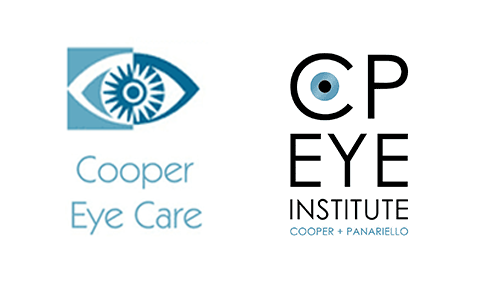Glaucoma Q & A
What is Glaucoma?
Glaucoma is defined as a group of eye diseases characterized by progressive damage to the optic nerve. This damage is usually caused by elevated eye pressure. Eye pressure is measured as the amount of force the fluid that fills the inside of the eye exerts on the inner lining of the eye. The inner lining of the eye contains your optic nerve which sends visual information from your eye to your brain. Damage to the optic nerve results in gradual, irreversible loss of vision that typically affects the peripheral vision first followed by the central vision.
According to the World Health Organization, glaucoma is the second leading cause of blindness across the globe, affecting nearly 60 million people. At this time, there is no cure for glaucoma, however it can be managed so that vision loss is minimized.
One of the more troubling aspects of glaucoma is that there are often no symptoms until the condition has progressed to an advanced level. That is why it is so important to schedule routine eye examinations that include screening for glaucoma.
What Types of Glaucoma Are There?
There are two main types of glaucoma: primary open-angle glaucoma and angle-closure glaucoma.
- Primary Open-Angle Glaucoma: This is the most common form of glaucoma and develops gradually over time. While there is typically no identifiable cause, the pressure inside of the eye becomes elevated resulting in damage to the optic nerve. Long-term elevated eye pressures and damage to the nerve result in loss of the visual field. Typically, patient’s do not experience any symptoms until their peripheral vision begins to change.
- Angle-Closure Glaucoma: This type of glaucoma occurs when your iris is located further forward than normal and can occlude the part of your eye that drains fluid. If the iris blocks the drainage system completely, the eye pressure will rise very quickly and patients will notice symptoms of blurred vision, severe eye pain, headache, nausea, or rainbow-colored rings or haloes around lights. This is called an acute angle-closure attack and needs to be treated immediately. Sometimes the iris can block the drainage system intermittently and result in elevated pressure without any symptoms. The result is damage to the optic nerve and loss of visual field.
Routine eye exams at Cooper Eye Care not only allow your eye doctor to check for signs of glaucoma, but also provides important information about your risk level for developing the condition.
How is Glaucoma Treated?
Your optometrist at Cooper Eye Care has multiple treatment options to choose from in creating your customized glaucoma care plan. You’ll play an active role in determining which options to pursue, and you’ll be fully informed of the pros and cons of each path before making a decision. All treatment efforts focus on lowering the eye pressure to limit damage to the optic nerve. The following are treatment options for glaucoma.
- Prescription glaucoma eye drops are taken daily and can lower eye pressure by increasing drainage of fluid in the eye or decreasing fluid production in the eye.
- A laser procedure called selective laser trabeculotomy (SLT) is a technique that lowers the eye pressure by using laser energy to increase the efficiency of the drainage system in the eye. It has been effective in lowering eye pressure and comparable to taking one or even two glaucoma drops.
- Another surgical approach called a trabeculectomy involves creating a new channel to direct the flow of fluid from your eye, which in turn reduces pressure on your optic nerve.
- Minimally invasive glaucoma surgeries (MIGS) are a group of surgical devices that lower the eye pressure using tiny shunts that are implanted inside of the drainage system of the eye. These surgeries are considered safe, minimally invasive and may be done in conjunction with cataract surgery. Main benefits involve reducing the number of glaucoma eye drops a patient is on.
Your individualized treatment plan could include one of these treatments or a combination approach. To learn more about diagnostic and treatment options, book an appointment with Cooper Eye Care online or by calling the office today.
Cooper Eye Care (Manhattan)
- Monday
- 9:00 AM - 5:00 PM
- Tuesday
- 9:00 AM - 5:00 PM
- Wednesday
- 9:00 AM - 5:00 PM
- Thursday
- 9:00 AM - 5:00 PM
- Friday
- 9:00 AM - 3:00 PM
- Saturday
- Closed - Closed
- Sunday
- Closed - Closed
Cooper Panariello Eye Institute (Brooklyn)
- Monday
- 8:30 AM - 5:00 PM
- Tuesday
- 8:30 AM - 5:00 PM
- Wednesday
- 8:30 AM - 5:00 PM
- Thursday
- 8:30 AM - 5:00 PM
- Friday
- 8:30 AM - 3:00 PM
- Saturday
- Closed - Closed
- Sunday
- Closed - Closed
View All Of Our Eye Care Services
The team of doctors at Cooper Eye Care in the New York City, with offices in Manhattan and Brooklyn serving the surrounding areas of Upper East Side and Dyker Heights, are friendly, professional, and focused on care.
